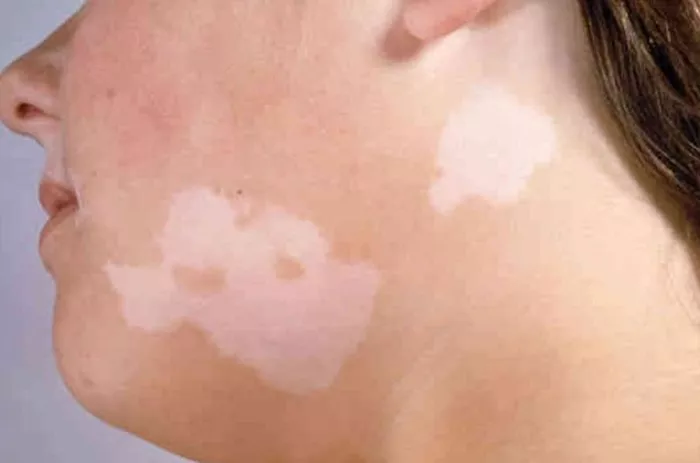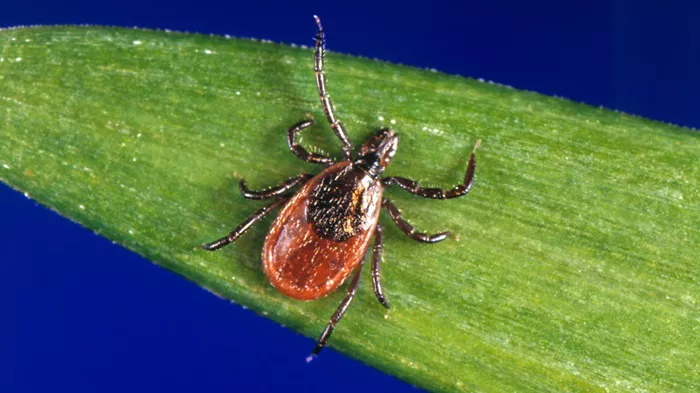Blackheads are a common skin concern affecting many people, particularly appearing on the forehead, nose, and chin. While many are tempted to squeeze blackheads by hand, experts warn that this practice often worsens the condition, causing skin damage and increased inflammation.
With a wide array of cleansers and exfoliating products available on the market today, choosing the right and effective blackhead treatment can be challenging. To provide clarity, we interviewed several board-certified dermatologists to explore their recommended key ingredients, effective home treatments, and reliable over-the-counter products for managing blackheads safely and efficiently.
What Are Blackheads?
Blackheads, also known as open comedones, form when sebum (natural skin oils), dead skin cells, and bacteria clog pores. The exposed sebum oxidizes upon contact with air, turning dark and creating the characteristic “blackhead” appearance. Blackheads commonly appear on oil-rich areas such as the nose, forehead, chin, back, and chest, where sebaceous glands are more active.
Besides oil production, lifestyle habits and environmental factors can contribute to blackhead formation. Frequent use of heavy skincare products, inadequate cleansing, and lack of proper exfoliation may exacerbate pore blockage. Understanding these causes can help individuals choose suitable skincare routines and reduce blackhead development.
Key Ingredients Recommended by Dermatologists
Experts emphasize that preventing and treating blackheads depends on scientifically proven active ingredients. Retinoids (like retinoic acid) promote skin cell turnover, preventing clogged pores and effectively targeting both blackheads and whiteheads. Salicylic acid, a beta-hydroxy acid (BHA), penetrates pores deeply to dissolve excess oil and dead skin, helping to clear and prevent blockages.
Benzoyl peroxide offers antibacterial and antioxidant properties, reducing acne-causing bacteria and inflammation. Lactic acid gently exfoliates dead skin cells, encouraging pore cleansing without irritation. Activated charcoal’s adsorptive properties help remove oils and impurities from pores, supporting blackhead reduction. Dermatologists recommend selecting products containing these ingredients tailored to one’s skin type for optimal results.
Popular Dermatologist-Recommended Products
Several dermatologist-approved products have proven effective in managing blackheads at home. Differin Gel, containing 0.1% adapalene, helps regulate skin cell renewal to prevent clogged pores and acne breakouts. The Bioré Hydrocolloid Nose Strips provide gentle pore cleansing, avoiding the irritation associated with traditional pore strips, making them suitable for sensitive skin.
La Roche-Posay Effaclar Medicated Gel Cleanser includes salicylic acid and targets oily, acne-prone skin by controlling sebum production and clearing pores. Paula’s Choice 2% BHA Liquid Exfoliant uses salicylic acid to visibly shrink pores and improve skin texture. Other notable products like Neutrogena’s Blackhead Eliminating Daily Scrub and Peace Out AHA Pore + Blackhead Stick combine physical and chemical exfoliation for deeper cleansing and skin renewal.
Expert Advice on Safe Blackhead Care
Dermatologists universally caution against using home extraction tools due to the risk of skin injury, infection, and worsening inflammation. Instead, they advise gradual pore clearing through scientifically formulated skincare products as a safer, more effective approach.
Experts recommend incorporating products with retinoids and salicylic acid into daily skincare routines, complemented by appropriate cleansing and moisturizing, to maintain a healthy skin barrier. Consistent and informed skincare practices tailored to individual skin types offer the best chance of long-term blackhead control and improved skin health.
Related Topics





























